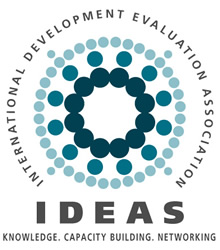Among others, why doesn’t James Heckman’s thinking temper the fervour of randomistas – or does it?
Lant: Put yourself in their shoes. You are busy every minute of every day (that you want to be) with doing work you find interesting and rewarding, you are getting resources, you are given authority to start a new masters degree, you are getting great offers from universities trying to recruit you to their school, you (three of you) won the Nobel Prize, the press loves you. What’s not to like?
What is more striking is that the use of RCTs in social policy evaluation was completely well-trodden ground in the USA by the mid-1980s. When I graduated with my PhD in 1988 no one wanted to go to work for the (at least four) high profile organizations doing RCTs because it was an intellectually well settled field and hence a bit boring. How is it, not that the randomistas are not listening now, but that, to the best of my knowledge, at no point did any RCT proponent refer to the long history of using RCTs for policy analysis in the USA. The obvious reason is that none of the claims made about RCTs or their theory of change or their impact are well supported by that experience.
Editors: During all these years working on RCTs (2012-2019), we were wondering (and we bet among us): once having obtained the Nobel Prize (since some years, Esther Duflo was on the list of potential winners), would she/they tone down about the superiority of RCTs over any other method, after the consecration (acknowledging some shortcomings and the interest of other approaches)? As a matter of fact, the randomistas’ hubris proved to be even higher in 2020, for the reasons mentioned above (more power, more money, more positions: advantages difficult to resist); and a paradox in the pandemic period given the inability of RCTs to inform alleviation of the massive poverty shock. Another paradox is the multiplication of interviews in the global media to provide solutions for the pandemic. For the major part of the proposals, RCTs didn’t provide any “proof”.



Comments 1
Pingback: Panel responses to questions not addressed during the RCTs in Development: A critical perspective Book Launch event | IDEAS